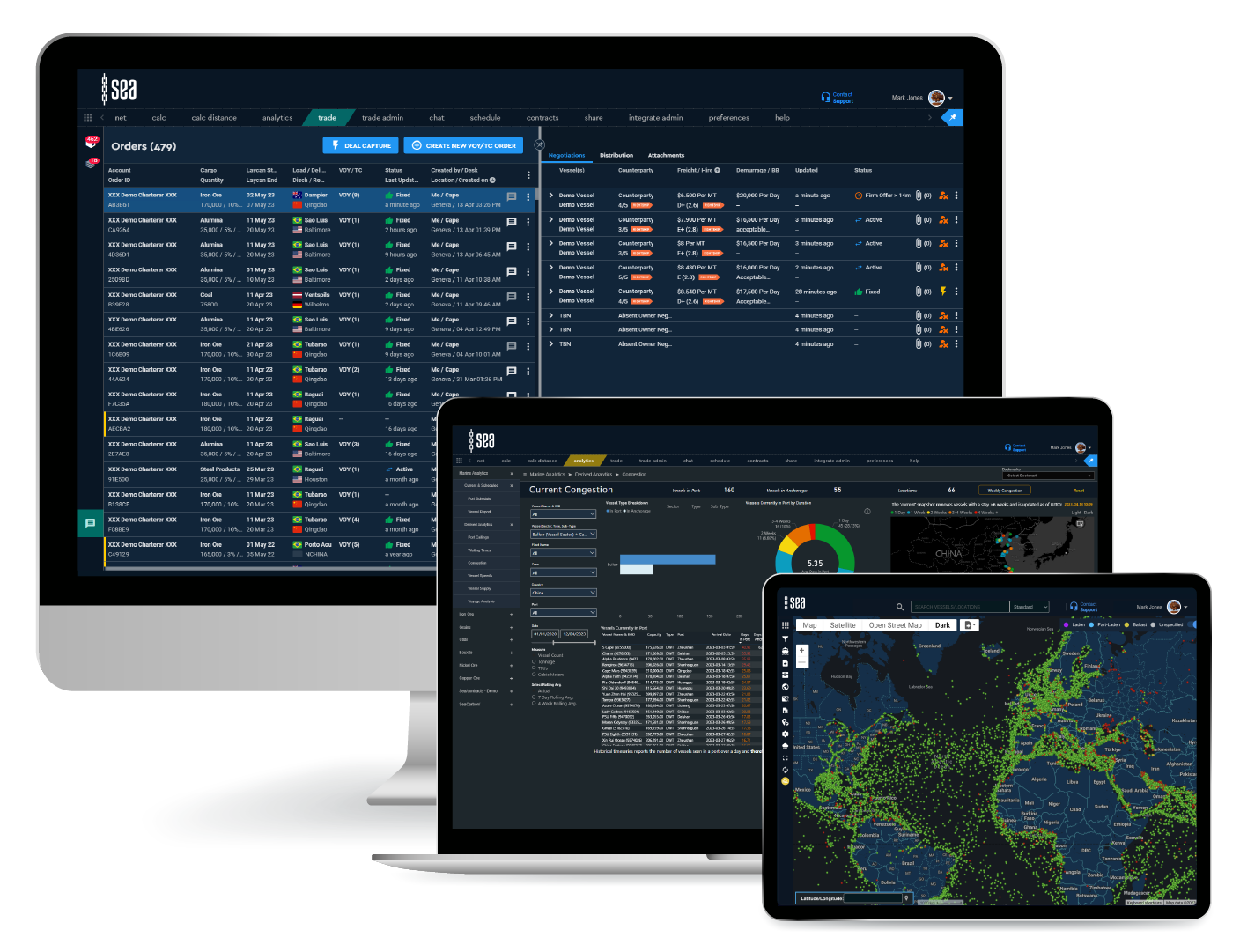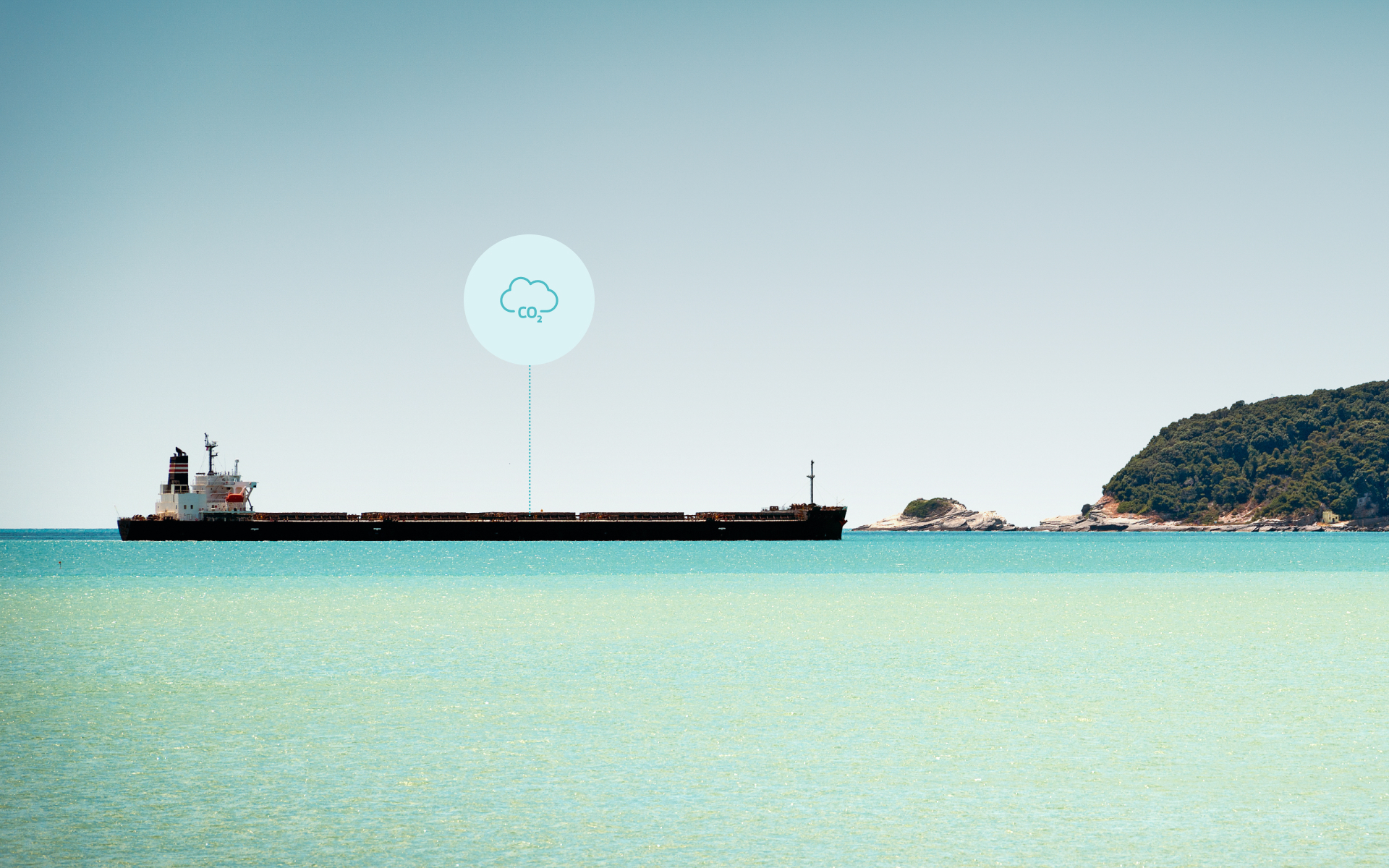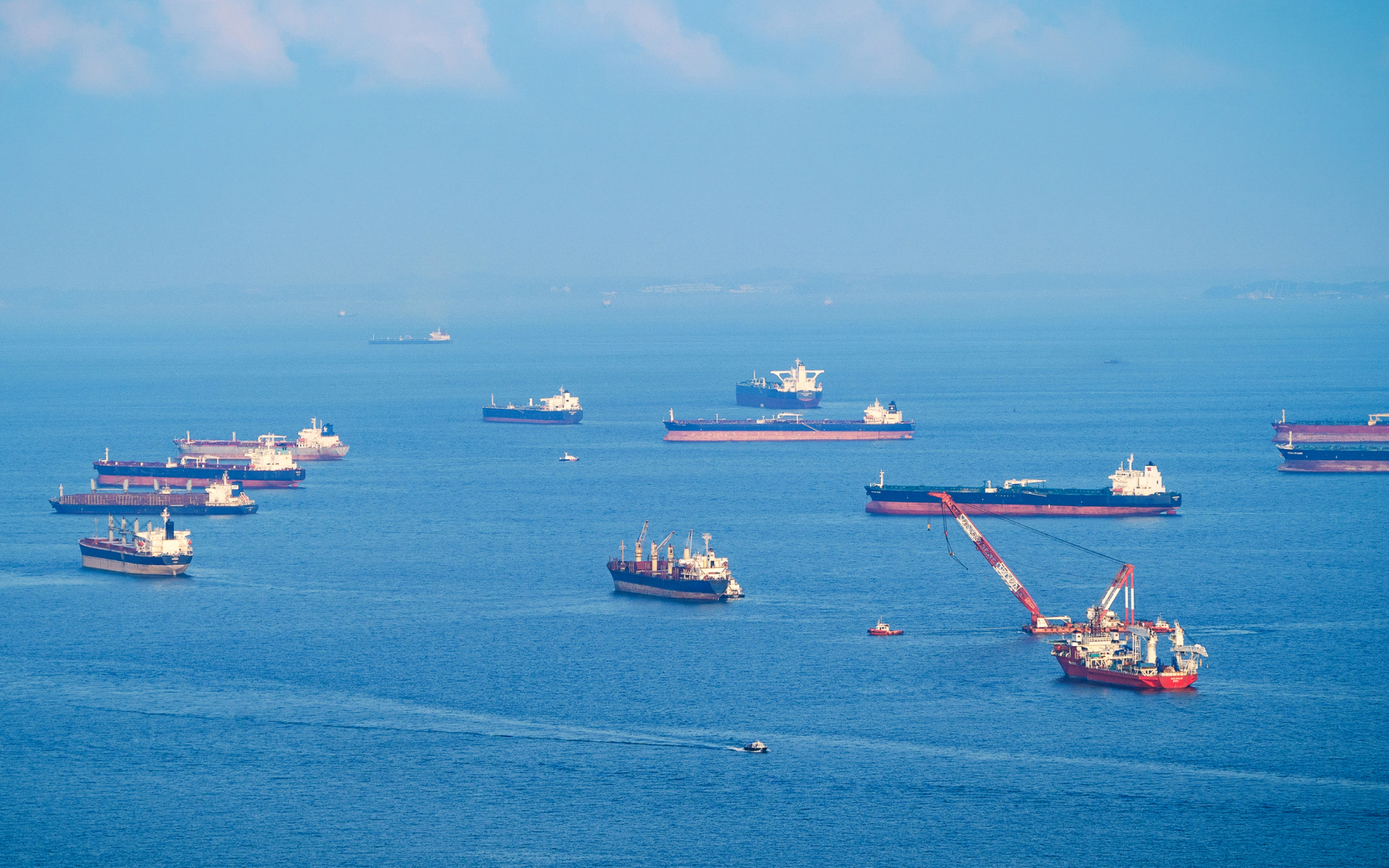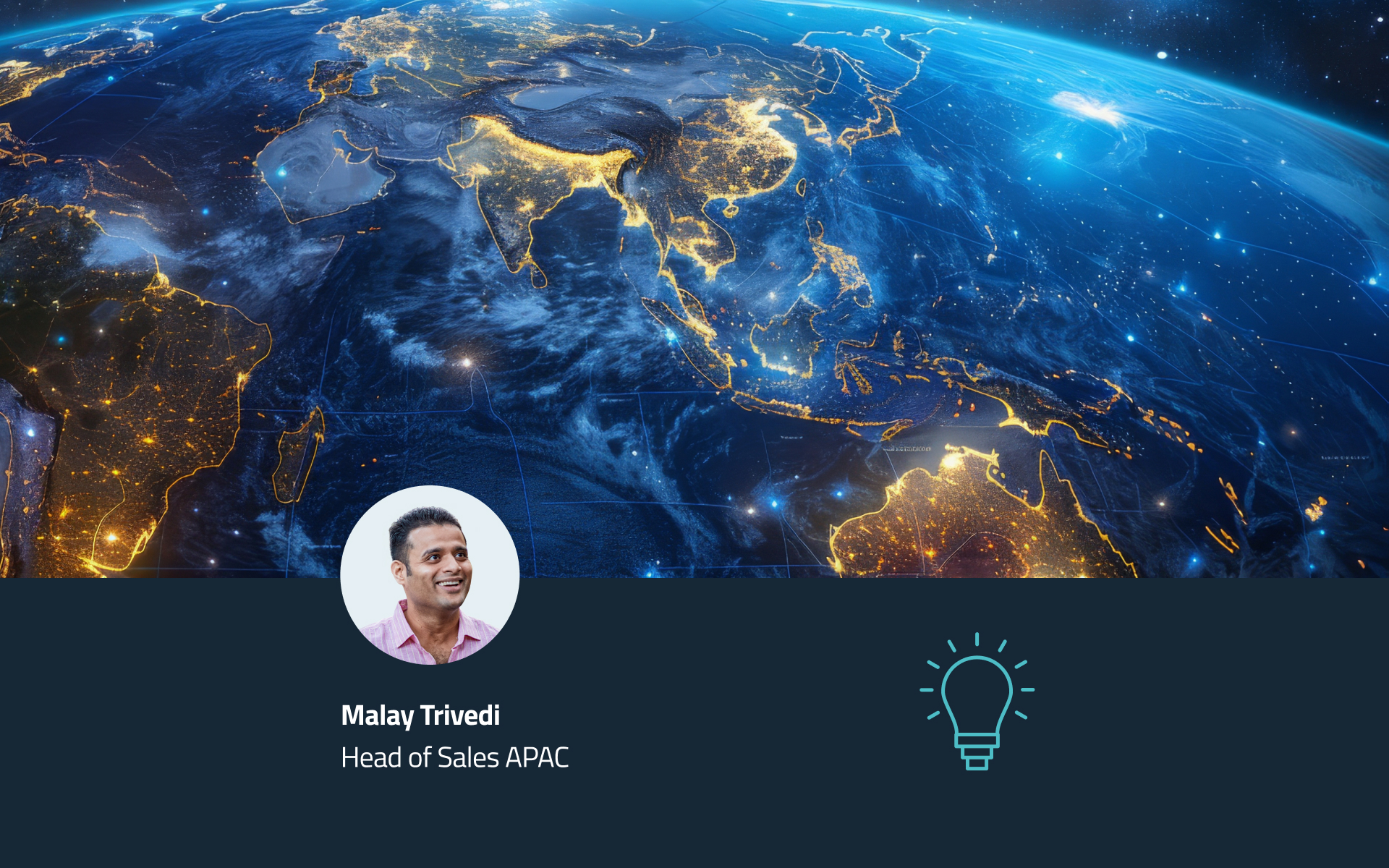
The Asia-Pacific (APAC) region plays a pivotal role in global maritime trade, especially in the shipping and commodities sectors. With its diverse array of importers and exporters, this market presents vast opportunities and unique challenges. Countries such as China, India, Japan, South Korea, Taiwan, and Vietnam are major importers of commodities, while Australia, Indonesia, New Zealand, and Malaysia stand out as prominent exporters of resources like coal, iron ore, and minor bulks and liquids.
Amidst this dynamic environment, Singapore emerges as a critical commodity and shipping hub, functioning as a global gateway for charterers, owners, operators, and brokers, as well as serving as the regional headquarters for many multinational companies. While these geographical distinctions are clear, navigating the varied regulatory landscapes and technological lag in the region poses a significant challenge, one that digitalisation has the potential to significantly address.
APAC Market Dynamics and Key Stakeholders
In addition to Singapore’s prominence, other key decision-making hubs in the region include Tokyo, Perth, Mumbai, New Delhi, Shanghai, and Seoul. These cities play central roles in shaping the region’s shipping and commodities sectors, each bringing distinct approaches and regulatory frameworks.
Buyer behaviour varies widely across these markets, with Indian buyers known for their negotiation prowess demanding patience and persistence, whereas in contrast, securing a deal in Japan can take years of relationship-building and trust Meanwhile, Australia values in-person interactions, as well as relationship-driven structured sales processes.
Understanding these nuances within the market is critical for providers of maritime technology solutions, especially as companies in these regions are grappling with increasing operational and regulatory challenges.
Major Challenges in the Region
A significant issue across the APAC shipping industry is the lack of standardisation in regulatory frameworks.
Environmental standards vary widely across countries, creating significant challenges for cross-border trade and operational efficiency. For example, Australia has implemented strict environmental measures, including mandatory Scope 3 reporting, requiring companies to track emissions throughout their supply chains. Meanwhile, in Hong Kong, Scope 3 emissions are exempt from reporting, and in India, environmental reporting also remains a low priority.
Similarly, inconsistent enforcement of these regulations only further exacerbates these challenges. Most countries lack the enforcement mechanisms to hold companies accountable. In many regions, environmental reporting is voluntary, leaving businesses with little incentive to prioritise sustainability initiatives. Minimal fines and the absence of significant consequences for non-compliance lead to an uneven adoption of best practices across the region.
Additionally, many APAC companies, particularly mid-tier and small businesses, face significant resource constraints. While these companies may possess vast amounts of data, it is often scattered across different departments and managed manually, making it time-consuming and inefficient to gather the insights needed for reporting.
The complexity and cost of implementing advanced technologies further hinder their ability to comply with regulations, and this lack of streamlined data management leaves many companies struggling to meet evolving global sustainability standards.
To find out more about sustainable shipping, please click here.
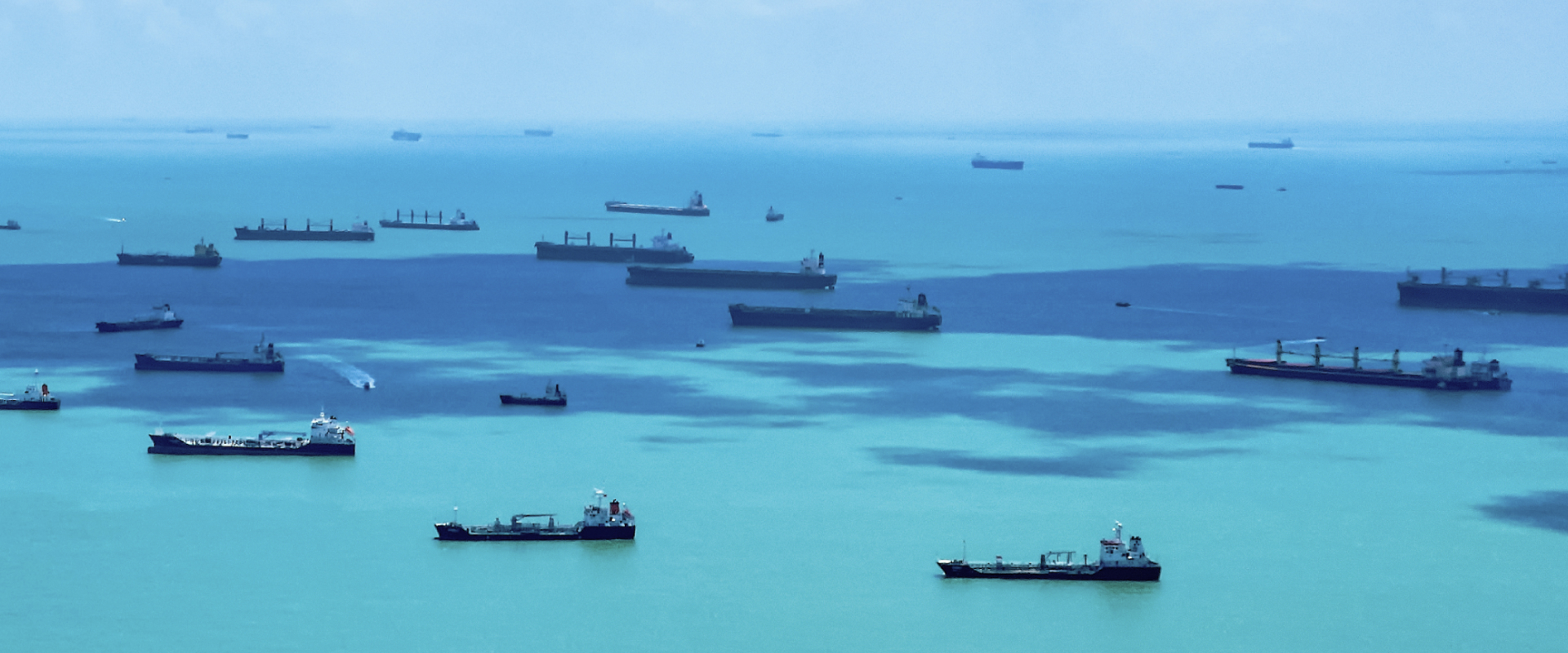
Digitalisation: The solution to unlock efficiency and compliance
Despite these challenges, digitalisation presents an opportunity for APAC businesses to overcome operational inefficiencies and improve regulatory compliance. The adoption of integrated platforms and digital tools can enable companies to streamline their processes, better manage their data, and respond more effectively to changing regulations.
A key area where digitalisation can create immediate value is in data collection and reporting. For businesses with limited resources, digital platforms offer a more efficient way to gather and analyse data. Instead of relying on manual, time-consuming processes, companies can use digital tools to automate data collection, integrate disparate systems, and generate real-time insights. These platforms make it easier for businesses to comply with environmental regulations, even in regions where reporting is not yet mandatory. By embracing these solutions early, companies can be prepared for future regulatory shifts and avoid the risks associated with non-compliance.
Moreover, digital tools can significantly reduce the operational burden for businesses that have historically been slow to adopt new technologies. Many APAC firms, have been hesitant to invest in maritime and commodities technologies due to the high costs and lack of immediate government pressure. However, digital platforms not only improve compliance but also enhance overall operational efficiency, streamlining workflows and improving profitability.
As a commercial provider of maritime technology, we must proactively educate clients on the benefits of digitalisation. It’s crucial to uncover operational blind spots and demonstrate how these platforms can provide long-term value. Sharing success stories, for instance, from Asian corporations that have already benefited from digitalisation—whether through improved data management, process automation, or decarbonisation solutions—can illustrate how technology transforms people, processes, and sustainability efforts in the shipping industry.
Raising awareness and encouraging proactive change
One of the most important roles technology providers can play in this environment is raising awareness about the benefits of digitalisation. Many companies in the APAC region are unaware of the long-term value that adopting digital platforms can offer, and solution providers have the opportunity to be proactive in their approach, identifying hidden gaps in the client’s operations and highlighting the risks of maintaining outdated processes.
By demonstrating the tangible benefits of digitalisation, tech can help clients safeguard their operations for the future and remain ahead of regulatory changes.
Furthermore, digital platforms offer companies the ability to track and manage their environmental impact more effectively. With the growing focus on decarbonisation and emissions reduction, alongside the International Maritime Organisation (IMO) pushes for ambitious CO2 reduction targets by 2050, having real-time data at hand is critical.
With digital decarbonisation tools, companies can track emission budgets against wider, customisable company targets, stay compliant with internal and external climate reporting needs, and optimise chartering decisions based on accurate vessel emission estimates and broader carbon targets.
These solutions also enable companies to capture consumption data from actual voyages with built-in data validation and robust reporting frameworks, ensuring that they can track actual emissions transparently. With oversight into aspects such as EU ETS, cost estimates provide greater transparency, allowing businesses to identify vessels with greener credentials and manage budgets effectively.
Early users of these carbon solutions not only gain a competitive edge but also position themselves as industry leaders in sustainability driving the green agenda.

The APAC shipping and commodities market is at a crossroads. With the region’s fragmented regulatory environment, varying levels of enforcement, and resource constraints for small to mid-tier companies, businesses face numerous challenges.
However, digitalisation offers a powerful solution to address these issues. By adopting integrated platforms that streamline data collection, reporting, and compliance, companies can not only enhance their operational efficiency but also prepare for future regulatory shifts. Suppliers of maritime technology have a crucial role to play in raising awareness, highlighting unseen vulnerabilities, and driving digital transformation across the APAC region.
Digitalisation is not just a short-term solution; it is a necessary strategy for long-term growth and resilience in a rapidly evolving global marketplace.
To find out more about sustainable shipping, please click here.

